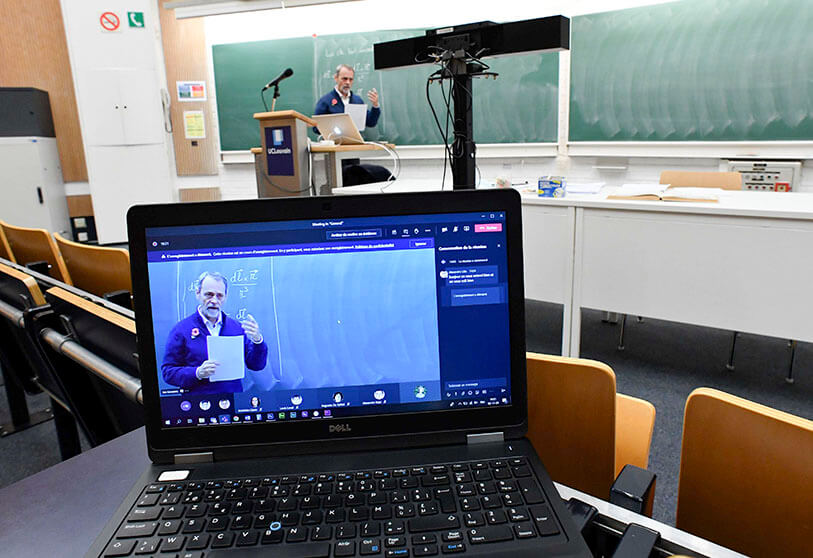A common refrain heard throughout this pandemic is “when will we get back to how it used to be”.
Two questions: can we ever “get back to how it used to be”?
Should we aspire to getting “back to how it used to be”?
My answer to both questions is “no”.
The pandemic has accelerated many trends that were already in motion two years ago. Examples include remote learning and working, tele-health services, as well as cocooning and its impact on the entertainment and travel industries. We can also add teleconferencing and its impact on business travel, which is a significant part of the travel and tourism economy.
Finally, there is the implication on good governance which I believe is the most crucial element of all.
Our legislators must focus not only on recovering the economy, but also in helping to prepare society for the economy and society of tomorrow.
Remote working will require that legislators develop a deep understanding about how employees will interact with each other and their employers remotely.
Legislators will have to develop a 21st century awareness of the technological and social environments that define our lives and effective and relevant labor codes to manage their impact effectively.
Indeed, can new and effective labor legislation be passed to address the need for enhanced work-life balance, as more of us work from home and the border between home and work becomes increasingly blurred? One might argue that work-life balance is immensely enhanced for many, given that people can sleep later, avoid sitting in traffic, save on gas and car expenses and be closer to family. This is creating greater employer/employee flexibility which is a good thing. However, the sense of isolation that this brings will challenge organizations as they and their employees adapt to this new reality.
As more of us work from home, how will this affect the role of unions and their ability to organize collectives of people who may well increasingly work on short term contracts with few, if any, benefits?
Are unions and governments up to the task of ensuring a fair transition for workers?
On another front, we have an opportunity to transform our economies from fossil fuels to renewable energy.
Can fossil fuel producing countries transition their economies with a minimum of social strife?
How effectively can industry create and market the green products and services required to replace those that depend on fossil fuels? How will they overcome the natural resistance to change inherent in most of us?
With an interconnected economy, governments must create policies to facilitate integration of small and medium enterprises into the digital marketplace. This will require government support and oversight with respect to creating the infrastructure and bandwidth required to sustain this business model, as well as legislation to govern labor conditions to address remote work.
Universities will have to provide much more in distance education on-line. While this will impact on the traditional university experience, it can also make higher education far more affordable by allowing a global academic community to give and take courses and reduce the investment in brick-and-mortar facilities. Globalizing education can help create the synergies and understanding required for the international cooperation that should become the new norm in governance.
The trend to digital healthcare will also lead to improved access especially in remote areas as more digital services become available. This can play a major role in streamlining and improving healthcare, as well as industrial productivity, if implemented properly.
In addition, a major national and global question is how do governments ensure that the gap between the “haves” and “have nots” doesn’t widen further as the technologically savvy run the world’s economy and those left behind are condemned to low paying jobs and few educational opportunities.
These gaps have always existed both in developing and advanced economies, however despite improved global living standards, millions remain disenfranchised.
Finally, governments must develop effective strategies to strengthen multilateral institutions in order to effectively manage global challenges such as pandemics and climate change.
Public and private sector leaders will need to work together to seek and test new mechanisms and policies to holistically address and resolve these existential issues while perhaps overcoming traditional views on national sovereignty and global governance.
These are some of the issues that we must face as we confront the future that has, in many ways, already arrived.
There is no going back.
Asegura que el modelo de economía moral mejora la vida de los trabajadores mexicanos
La Jornada Maya
También fueron detenidas 2 mil 225 personas por delitos de alto impacto
La Jornada Maya
Marco Rubio está tratando el asunto ''a muy alto nivel'', aseguró el mandatario
Reuters
El lema de este año es “Ni la tierra, ni las mujeres somos territorio de conquista”
Astrid Sánchez
